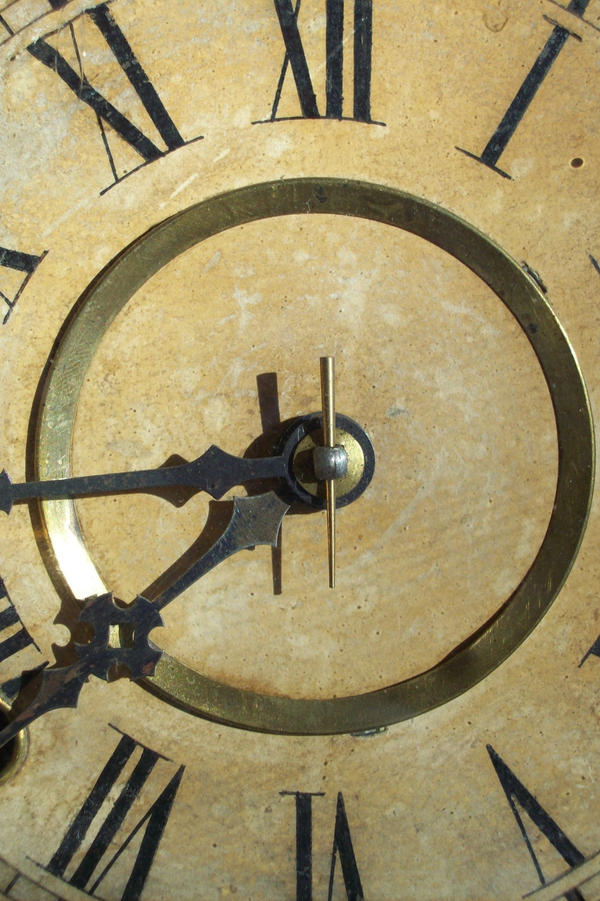There are, as everybody knows, many ways of measuring time: and right through the ages learned men have argued heatedly in favour of their different systems. Hipparchus of Rhodes sneered every time anybody mentioned Marinus of Tyre to him: and the views of Ahmed Ibn Abadallah of Baghdad gave Purbach and Regiomontanus the laugh of their lives. Purbach in his bluff way said the man must be a perfect ass: and when Regiomontanus, whose motto was "Live and let live," urged that Ahmed Ibn was just a young fellow trying to get along and ought not to be treated too harshly, Purbach said, "Was that so?" and Regiomontanus said, "Yes, that was so," and Purbach said that Regiomontanus made him sick. It was their first quarrel.
Tycho Brahe measured time by means of altitudes, quadrants, azimuths, cross-staves, armillary spheres and parallactic rules: and, as he often said to his wife when winding up the azimuth and putting the cat out for the night, nothing could be fairer than that. And then in 1863 along came Dollen with his Die Zeitbesttimmung vermitteslt des tragbaren Durchgangsinstrument in Verticale des Polarstens (a best seller in its day, subsequently filmed under the title "Purple Sins"), and proved that Tycho, by mistaking an armillary sphere for a quadrant one night after a bump-supper at Copenhagen University, had got his calculations all wrong.
(from The Small Bachelor, by Sir Pelham Wodehouse)

No comments:
Post a Comment